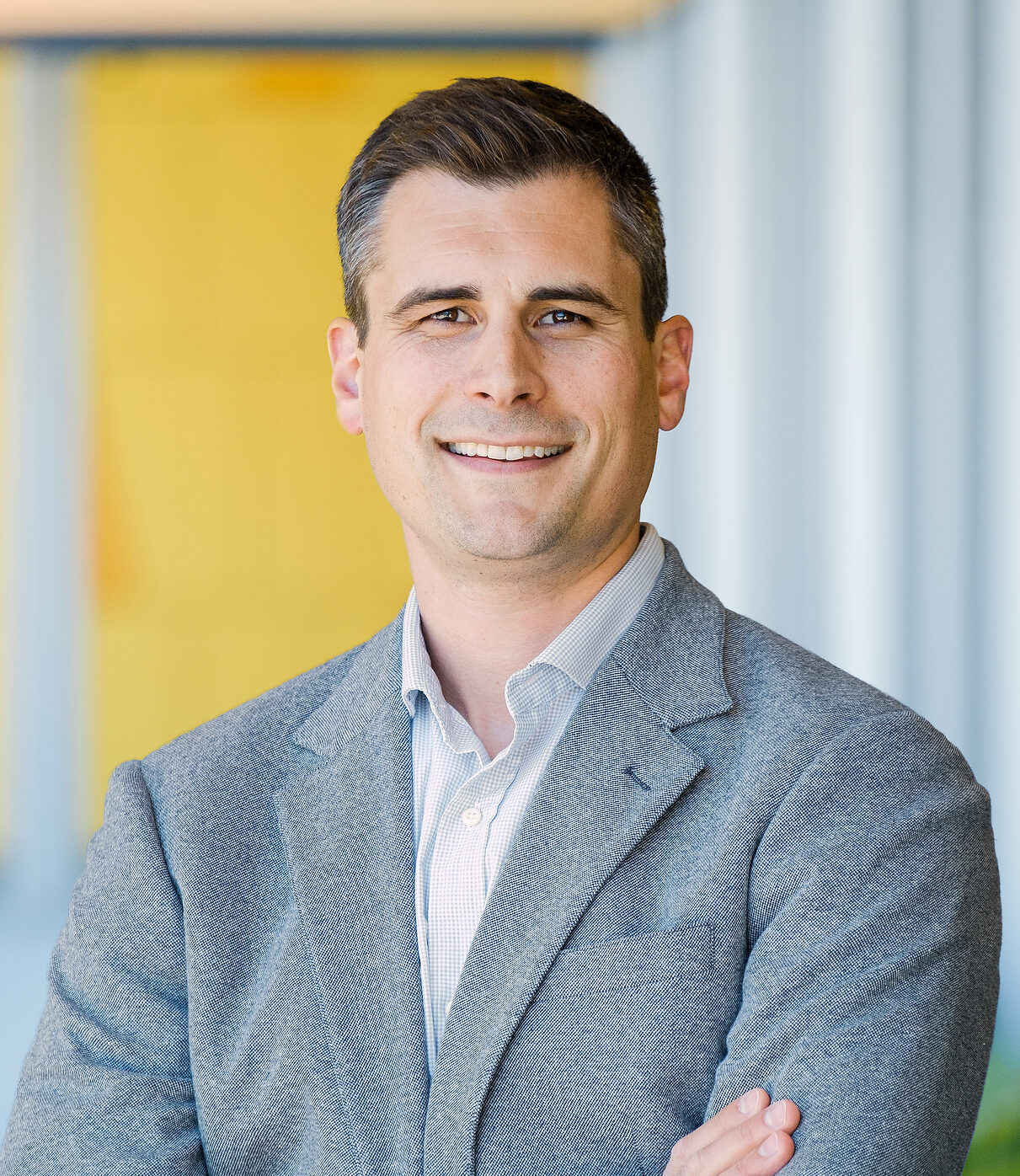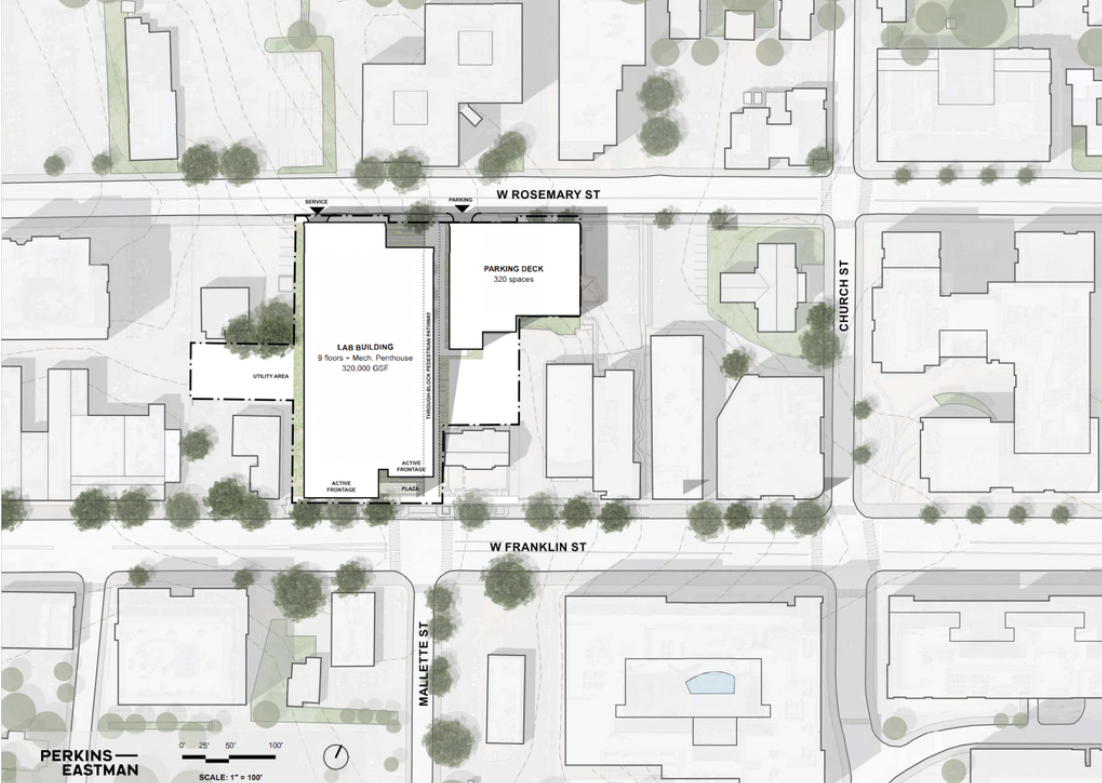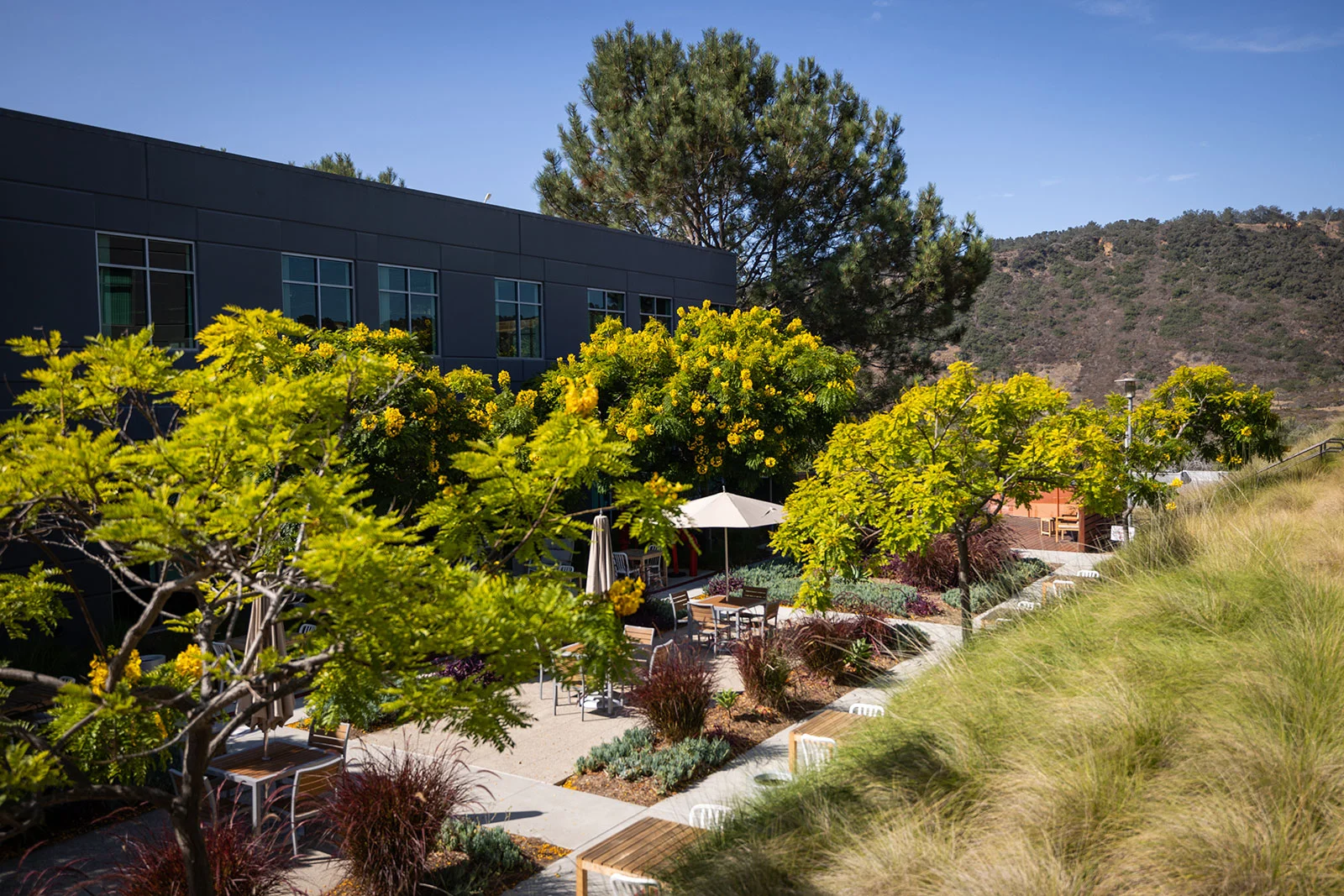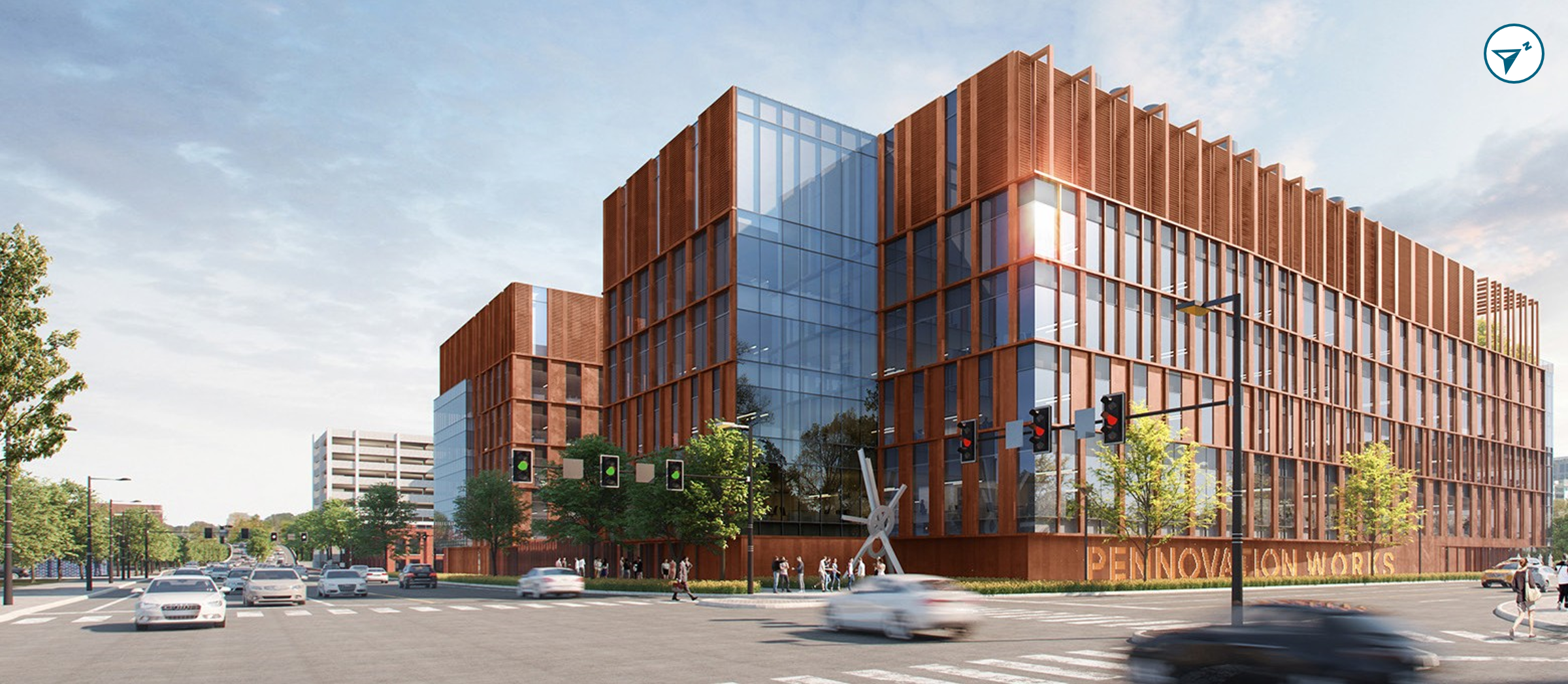Boston, MA (February 8, 2023) — Longfellow Real Estate Partners, one of the largest privately held investor and developer of life science buildings in the world, has announced its standing commitment to sustainability and Environmental, Social, Governance (ESG) as a priority within its growth strategy.
After establishing an ESG Task Force in 2021 to advance the firm’s focus on integrating sustainability across its portfolio, Longfellow created a new leadership role and in March 2022 hired former VHB associate and ULI/New England member Lauren Ballou to head the firm’s ESG efforts. Ballou brings years of experience working as an environmental and sustainability planner for public and private projects to the position.
“Our ESG program is broadly focused on the following elements: organizational strategy/policy, sustainable design and operations, and reporting/disclosure,” Lauren Ballou, Longfellow Associate Director of ESG. “Building environmentally conscious and socially responsible projects is critical to meeting the challenges of climate change, and the needs of innovative companies who are demanding resilient, 21st century infrastructure.”
From a reporting perspective, Longfellow began submitting to GRESB in 2021, using the Measurabl platform to track ESG data. Longfellow’s 2022 GRESB Real Estate Assessment score increased by about 46% compared to its first submittal in 2021. The GRESB Real Estate Assessment is the global standard for ESG benchmarking and reporting for real estate.
Building on existing policies and initiatives, Longfellow recently rolled out a formal ESG Policy across the organization, which serves as the baseline strategy. The policy will be updated annually and, in the future, will include a public-facing version. Earlier this year, Longfellow also formalized Sustainability and Resilience Design Guidelines for new development projects. The guidelines establish baseline project goals related to climate resilience, energy use, renewable energy, embodied carbon, greenhouse gas emissions reduction, waste, and water.
To further the firm’s commitment in the ESG space, Longfellow became a member of the Urban Land Institute’s (ULI) Greenprint Community of Practice, joining the global alliance of more than 75 leading real estate owners, developers, and investors that are committed to improving the environmental performance of the global real estate industry.
“The entire team at Longfellow feels privileged to be part of ULI Greenprint. It is not only a premiere resource to share best practices, and also expands on our strong regional and national relationship with the Urban Land institute whose mission, to shape the future of the built environment for transformative impact in communities aligns closely with Longfellow,” said Jamie Peschel, Longfellow Co-Founder and Senior Partner.
The company’s portfolio includes projects with significant sustainability features such as Bioterra, a new ground-up 323,000-square foot hub in San Diego, which once complete will be certified LEED Gold and the city’s first all-electric life science building. In the Bay Area, Longfellow is designing the ground-up development, AVIA Labs in Millbrae, with LEED Gold and Fitwel Certifications, which will emphasize energy efficiency and reinforce the firm’s commitment to sustainability in upcoming projects. On the East Coast, Longfellow has maintained LEED Gold for its master planned Durham ID campus, along with innovative solutions that feature EV charging availability, water saving fixtures throughout, and lab conversion efficiency measures such as heat recovery loop systems and LED lights with occupancy sensors.
“At Longfellow we are committed to unlocking lasting value through sustainable building efforts and best practices to deliver innovative spaces for our environmentally conscious tenants and investors,” said Adam Sichol, Longfellow Co-Founder and CEO. “Bettering our future isn’t just about the projects we complete, but more importantly, the communities we serve.”
Longfellow currently has a total investment and development portfolio of approximately 16.5 million square feet and over $10bn in total asset value, with large footprints in the most dynamic centers for the biotech industry including Boston, San Diego, San Francisco Bay Area, Research Triangle of North Carolina, and the United Kingdom.
###
About Longfellow Real Estate Partners
Longfellow Real Estate Partners is a real estate investment company founded in Boston, Massachusetts in 2009. With over 200 employees in bio-innovation clusters across the US and UK, Longfellow partners with renowned universities and pioneering life sciences and technology companies to help bring visionary ideas to life. Driven by a passion to support those working to advance the human condition, Longfellow continues to grow and expand in the name of scientific progress. For more information, visit https://lfrep.com.
Press/Media Contact
Casey Angel – Director, Corporate Communications
+1 (619) 400-7990 • cangel@lfrep.com











